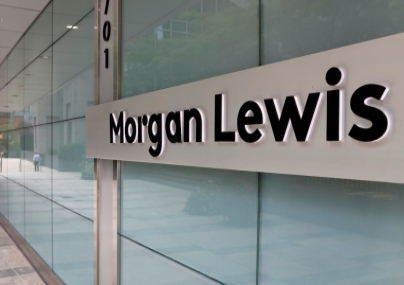China's central bank said on Sunday it will use various monetary tools to maintain adequate liquidity and reasonable growth in credit and social financing.
In a statement to summarize the third-quarter monetary policy committee meeting, the People's Bank of China also said it would continue to implement a prudent monetary policy, while pushing ahead with interest rate and yuan exchange rate reforms.
It also noted that China's economic growth remained within a reasonable range.
The statement comes after policymakers have rolled out a series of stimulus measures this year as economic growth momentum falters. Many analysts believe more measures may be needed in coming months if the government wants to meet its 2014 economic growth target of around 7.5 percent.
China's services sector grew at its slowest pace in eight months in September after new orders shrank for the first time since the 2008 global financial crisis, exposing more weakness in the world's second-largest economy.
The official non-manufacturing Purchasing Managers' Index (PMI) edged down to 54.0 in September from 54.4 in August, the National Bureau of Statistics said, but still well above the 50-point mark demarcating growth on the month from a contraction.
The central bank has often reiterated its "prudent" monetary policy stance this year - the catch word used since late 2010 to encapsulate at first modest policy tightening and then modest loosening following the global financial crisis.


